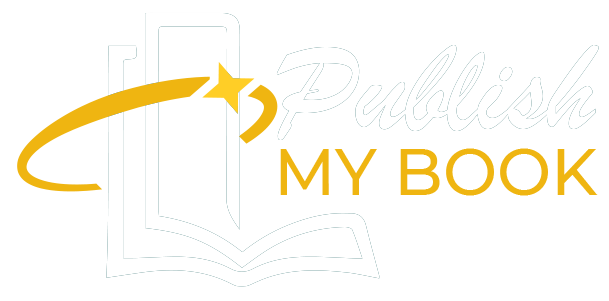
Picture yourself holding a fresh book in your hands, the pages still crisp, the smell of ink and paper giving you that familiar sense of possibility. Now imagine that book being about money, wealth, and financial wisdom. For many people, reading a finance book feels like opening a door to a better future. The right book can inspire confidence, clear away confusion, and guide you toward choices that truly shape your financial life. But the wrong one can leave you even more puzzled or worse, completely unmotivated to make any changes. The world is overflowing with books, each claiming to hold the secret to building wealth, paying off debt, or mastering investments. Some are written by experienced authors, others are self publishing projects created with passion and determination.
You will even find inspiring ebooks designed for quick reading, and beautifully designed print books with creative book illustration that makes financial concepts easier to understand. With so many options, the real question becomes, how do you choose the right book for your specific money goals? The answer lies in connecting your personal situation with the type of book that fits your needs. It is not about reading the most popular title, or rushing to the latest release from a big book publisher. Instead, it is about finding something that speaks to you, feels practical, and motivates you to act. Choosing wisely can turn a simple book into a life changing companion for your financial journey.
Step 1: Finance Book: Define Your Money Goals
Before you grab the first finance book that catches your eye, take a moment to ask yourself what you really want. Are you trying to learn how to budget better? Do you want to start investing? Are you focused on getting rid of debt, or building multiple streams of income? A book that focuses on wealth building might not help if your immediate goal is learning how to stop overspending. By getting clear on your goals, you can filter out books that do not apply to your current stage of life.
Step 2: Know Your Learning Style
Finance can be intimidating, so the way a book communicates matters. Some readers prefer detailed step by step strategies with numbers and examples. If you learn visually, you might enjoy a finance book that uses engaging book illustration or charts to explain complex ideas. If you learn by reading practical exercises, choose books that include worksheets or action plans. Matching the style of the book to your way of learning will make the lessons stick.
Step 3: Check the Author’s Perspective
Not every book is created equally. Some authors write from decades of professional financial experience, while others share personal stories of trial and error. Neither approach is wrong, but you need to know what you are looking for. If you want expert strategies, choose a book by a professional who has worked in finance. If you want encouragement and relatable stories, a self publishing author might give you just the inspiration you need
Step 4: Pay Attention to Reviews and Feedback
Reader feedback can be a great guide. Reviews often highlight whether a finance book is easy to follow, overly technical, or genuinely helpful. But do not let ratings alone guide your choice. Pay attention to what people are saying in detail. For instance, if several readers mention that a book is better suited for advanced investors, and you are a beginner, then it may not be the right fit for you.
Step 5: Consider Format and Accessibility
An ebook publisher can bring excellent finance resources straight to your device. Ebooks are often more affordable and can be read anywhere. On the other hand, holding a printed book can feel more immersive and easier on the eyes. Audiobooks are another growing option, perfect for people who like to learn on the go. Think about what format will keep you most engaged and motivated.
Step 6: Look at the Publishing Quality
The quality of a book also speaks volumes. A reputable book publisher may provide strong editing, professional structure, and clean formatting. However, do not dismiss books created through self publishing. Many independent authors now produce professional quality work, often with the help of an experienced ebook publisher or talented book illustration artists. The key is to check whether the book feels polished, well organized, and easy to navigate.
Step 7: Align with Your Stage of Life
Your age, career stage, and financial situation all influence the kind of book you need. A student might benefit from an introduction to budgeting, while a business owner might look for advanced strategies on investments and cash flow. Someone thinking about retirement will likely prefer a book focused on long term planning. The best book is one that meets you where you are right now.
Step 8: Finance Book: Do a Quick Preview
Before making a decision, preview a few pages or chapters. Many publishers and ebook platforms allow you to read a sample before purchasing.
To sum up, choosing the right finance book is not about following trends, it is about choosing what resonates with your personal financial journey. A carefully selected book can guide you toward new habits, smarter decisions, and even a healthier relationship with money. Whether you buy from a major book publisher, explore independent titles through self publishing, or pick up something from an ebook publisher, the value lies in how well the book connects with your goals. And if you are inspired enough, one day you might even decide to publish my book type of project yourself, sharing your own money lessons with the world. Start by choosing the book that speaks directly to your goals, and let it become your partner in building the financial life you truly want.
